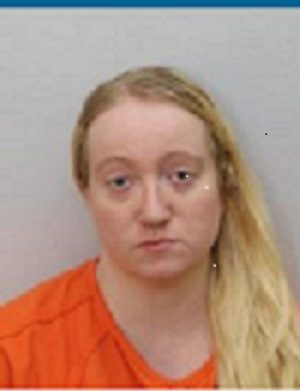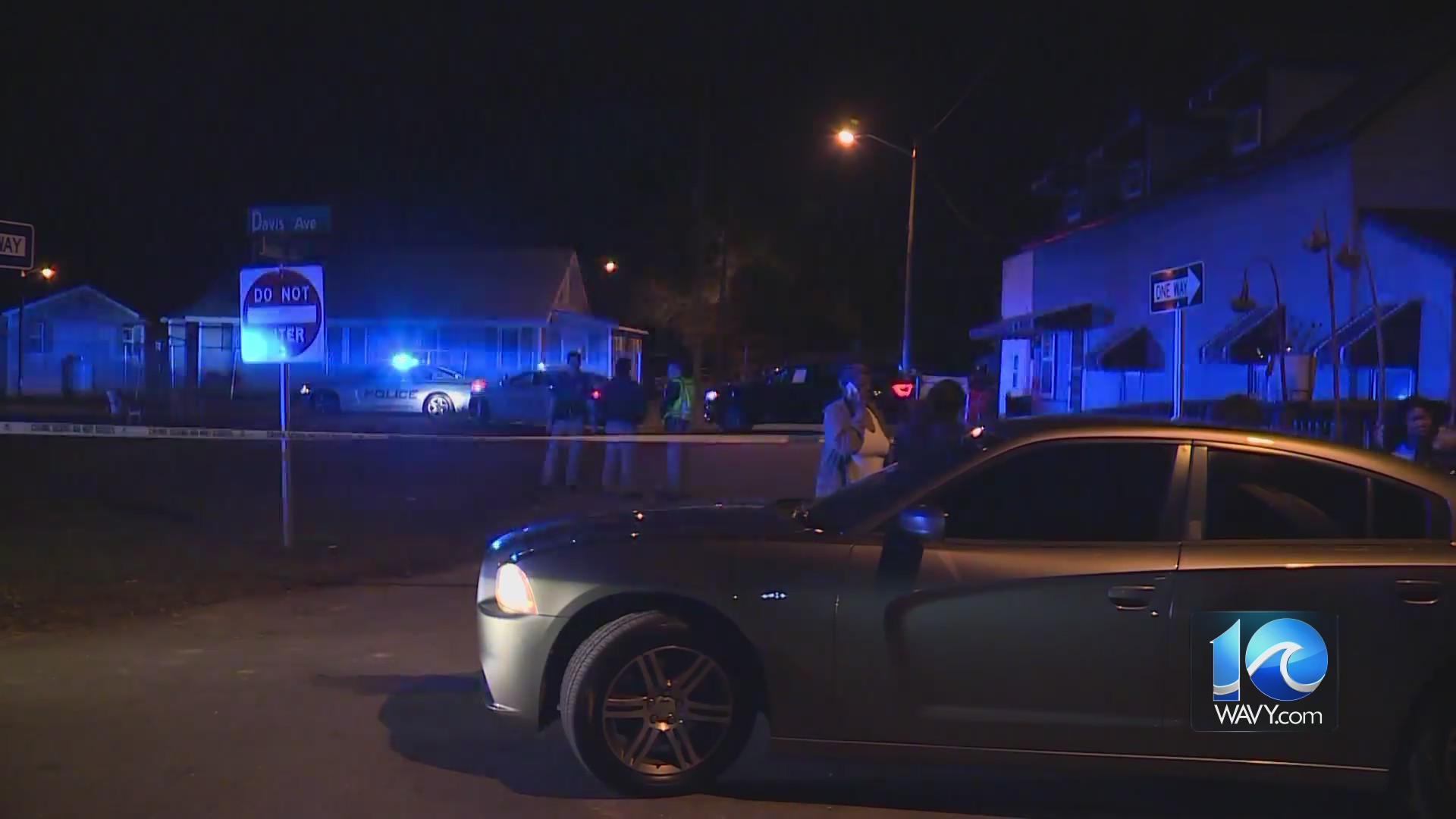SEATTLE (AP) — A federal judge who already questioned the constitutionality of President Donald Trump’s birthright citizenship executive order is set to hear arguments Thursday over a longer-term pause of the directive, which aims to end citizenship for children born to parents not legally in the country.
U.S. District Judge John Coughenour in Seattle has scheduled a hearing involving lawyers from the Trump administration, four states suing to stop the order, and an immigrant rights organization, which is challenging it on behalf of a proposed class of expectant parents.
The latest proceeding comes just a day after a Maryland federal judge issued a nationwide pause in a separate but similar case involving immigrants’ rights groups and pregnant women whose soon-to-born children could be affected.
Here’s a closer look at where things stand on the president’s birthright citizenship order.
Where do things stand on birthright citizenship?
The president’s executive order seeks to end the automatic grant of citizenship to children born on U.S. soil to parents who are in the country illegally or who are here on a temporary, but lawful, basis such as those on student or tourist visas.
For now, though, it’s on hold. Two weeks ago, Coughenour called the order “blatantly unconstitutional” and issued a 14-day temporary restraining order blocking its implementation. On Wednesday, U.S. District Judge Deborah Boardman followed that up with an injunction keeping it on hold long-term, until the merits of the case are resolved, barring a successful appeal by the Trump administration.
Asked by Boardman if the administration would appeal, an attorney for the administration said he didn’t immediately have the authority to make that decision.
What’s happening in the latest case?
On Thursday, the birthright citizenship issue is back before Coughenour, a Ronald Reagan appointee. During a hearing last month, he said the case stood out in his more than four decades as a federal judge. “I can’t remember another case where the question presented was as clear as this one is,” he told a Justice Department attorney.
His temporary order blocking the executive action was set to expire Thursday when he’ll hear arguments over whether he should issue an injunction similar to the one issued by the judge in Maryland.
What about the other cases challenging the president’s order?
In total, 22 states, as well as other organizations, have sued to try to stop the executive action.
The matter before the Seattle judge Thursday involves four states: Arizona, Illinois, Oregon and Washington. It also has been consolidated with a lawsuit brought by the Northwest Immigrant Rights Project. Eighteen states, led by Iowa, have filed a “friend-of-the-court” brief supporting the Trump administration’s position in the case.
Yet another hearing is set for Friday in a Massachusetts court. That case involves a different group of 18 states challenging the order, including New Jersey, which is the lead plaintiff.
What’s at issue here?
At the heart of the lawsuits is the 14th Amendment to the Constitution, ratified in 1868 after the Civil War and the infamous Dred Scott Supreme Court decision, which held Scott, an enslaved man, wasn’t a citizen despite having lived in a state where slavery was outlawed.
The plaintiffs argue the amendment, which holds that “all persons born or naturalized in the United States and subject to the jurisdiction thereof, are citizens of the United States and of the State wherein they reside,” are indisputably citizens.
The Trump administration has asserted that children of noncitizens are not “subject to the jurisdiction” of the United States and therefore not entitled to citizenship.
“The Constitution does not harbor a windfall clause granting American citizenship to … the children of those who have circumvented (or outright defied) federal immigration laws,” the government argued in reply to the Maryland plaintiffs’ suit.
Attorneys for the states have argued that it certainly does — and that has been recognized since the amendment’s adoption, notably in an 1898 U.S. Supreme Court decision. That decision, United States v. Wong Kim Ark, held that the only children who did not automatically receive U.S. citizenship upon being born on U.S. soil were children of diplomats, who have allegiance to another government; enemies present in the U.S. during hostile occupation; those born on foreign ships; and those born to members of sovereign Native American tribes.
The U.S. is among about 30 countries where birthright citizenship — the principle of jus soli or “right of the soil” — is applied. Most are in the Americas, and Canada and Mexico are among them.
____
Catalini is based in Trenton, New Jersey. Associated Press writer Michael Kunzelman contributed from Greenbelt, Maryland.


























